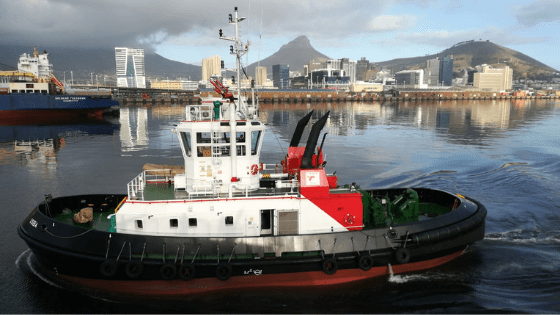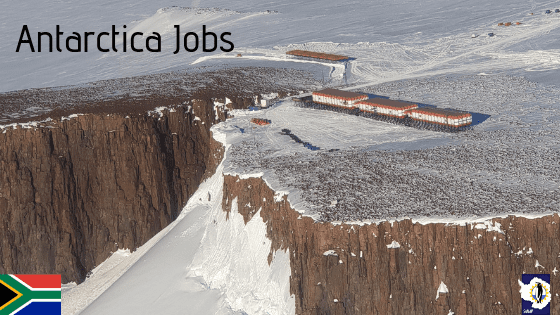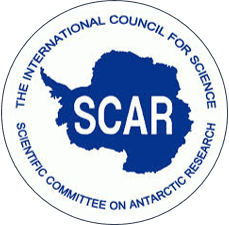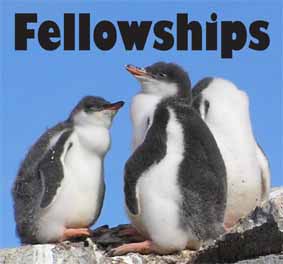
by Fishgate@sanap | May 16, 2019 | Marion75, News, SA Agulhas II, SANAP, Southern Ocean
The S.A. Agulhas II arrived in Cape Town yesterday, 15 May 2019, after being away for 34 days.
The vessel returned with the 75th Marion Island overwintering team, all take-over scientists (land-and ship based) and take-over personnel.
Marion75 departed last year on 06 April 2018 and they are now reunited with family and friends after approximately 13 months.
Click here to see who was on this team and more about the different scientific groups (land-and ship based).
Note that there are more institutions involved in take-over science on the island, not mentioned in this video such as the Biocomplexity Project (University of Johannesburg) and Observing Dawn in the Cosmos (University of KwaZulu Natal). These projects does not have personnel overwintering on the island.
Marion75 and take-over personnel, addressed by the Deputy Director-General Oceans and Coasts, Judy Beaumont:
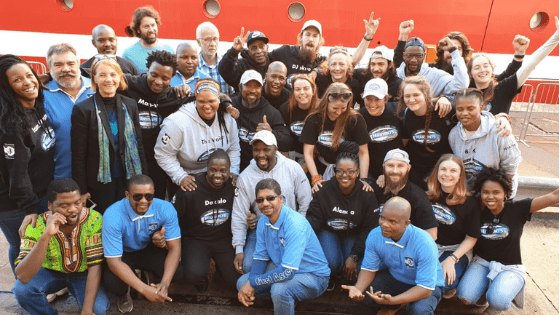
L-R (front): Dakalo Gangashe (Base Engineer), Maliviwe Mnengisa (Medic/Team leader), Zinhle Shongwe (Assistant meteorologist), Stephan Keys (Birder), Dani Keys (Birder), Dineo Mogashoa (Winder/Botanist); (middle) Oyena Masiko (Birder), Vhulahani Manukha (Space Engineer), Mavis Lekhesa (Radio Technician), Michael Taunyane (Diesel Mechanic / Deputy Team Leader). Sechaba Nyaku (Senior Meteorologist). Michelle Thompson (Birder). Monica Leitner (Assistant ECO), Liezl Pretorius (Sealer/Deputy Science Team Leader), Elsa van Ginkel (Winder/Botanist), Bongekile Kuhlase (Botanist); (back) Abuyiselwe Nguna (Geomorphologist/Science Team Leader), Jabulani Thabede (Chef), James Burns (Assistant meteorologist), Charlotte Heijnis (Senior ECO), Sean Morar (Birder). Welly Qwabe (Sealer), Michael Voysey (Killer whaler/sealer), Marike Louw (Botanist).
Anché Louw, Antarctic Legacy of South Africa, 16 May 2019.

by Fishgate@sanap | May 15, 2019 | Announcement, Current Event, Marion75, News
All onboard the vessel has gone thorough customs.
The tugboat has just arrived alongside the vessel, to assist her in shifting into East Pier where passengers will disembark.

by Fishgate@sanap | May 14, 2019 | Antarctica, Jobs, SANAE
Have you ever considered working at the South African National Antarctic Expedition Station (SANAE IV)? Are you a South African citizen? Are you a Diesel Mechanic and want to know what is expected of you when you work on Antarctica?
First of all note that any position at SANAE IV is not permanent and is approximately 15 months contract. Some positions might be longer due to the training involved before departure to Antarctica.
Here are the main duties of a Diesel Mechanic on Antarctica:
• Maintenance of power generator and vehicle diesel engines and related equipment;
• Maintenance and repairs of Air-conditioning system, refrigeration, water reticulation and waste water systems;
• Replacement and repair of mechanical pumps and valves as well as pipe fitting;
• Maintenance and minor repairs of Caterpillar machines, snowmobiles, telescopic cranes, portable generators and transfer pumps. Operate Caterpillar machines and cargo handling equipment;
• Maintenance of cabooses (field caravan) and field equipment.
• Report to the mechanical engineer and will perform additional base related mechanical and civil functions requested by the mechanical engineer and also be part of a technical team, led by a technical team manager, that has to perform any additional base related technical functions;
• Preparation of monthly and annual reports and other common “non-technical” duties performed by expedition members.
Meet the Diesel Mechanic of the 57th SANAE Overwintering Team (Season: December 2017 – March 2019), John Skelete.
If you have what is takes, keep an eye on the SANAP website for the next season (December 2019 – February 2021) job openings (click here).
Contact Mr Willem Boshoff for more information regarding this position – Telephone (021) 405 9418.
Subscribe to the ALSA YouTube Channel to make sure you do not miss any new videos on our channel.
Anché Louw, Antarctic Legacy of South Africa, 14 May 2019

by Fishgate@sanap | May 13, 2019 | Announcement, News, Overwintering Team, Research, SA Agulhas II, Southern Ocean, Take-Over Operations
Expected Time of Arrival: 15 May 2019 (morning)
Place: East Pier, Cape Town Harbour
Photo Credit: Ben van der Walt, 2018 Marion Island take-over voyage.

by Fishgate@sanap | May 10, 2019 | Announcement, Fellowship, News, Research, Science
The information below was sent through by the Scientific Committee on Antarctic Research.
SCAR Fellowship Scheme, partnerships and new opportunities in 2019

The Scientific Committee on Antarctic Research (SCAR), the Council of Managers of National Antarctic Programs (COMNAP), and the Commission for the Conservation of Antarctic Marine Living Resources (CCAMLR) have been working together for many years to support talented early-career researchers, scientists, engineers, environmental managers, and other professionals to strengthen international capacity and cooperation in fields such as science support and facilitation, environmental management implementation, and climate, biodiversity, conservation, humanities and astrophysics research by way of an annual funding opportunity.
For 2019, these Antarctic organisations are joined by the International Association of Antarctica Tour Operators (IAATO) and the World Meteorological Organization (WMO), who will each support additional Antarctic-related fellowships.
SCAR Launches Antarctic Fellowship Opportunities for 2019
SCAR today launches its 2019 Antarctic-related Fellowships for early-career researchers. SCAR will offer 5 to 6 fellowships of up to USD $15,000 each for 2019, with additional support for the scheme having been provided by India, Korea and France. A new SCAR/WMO Fellowship is also available in 2019 as detailed below. The Fellowships enable early-career researchers to join a project team from another country, opening up new opportunities and often creating partnerships that last for many years and over many Antarctic field seasons. The deadline for fellowship applications is 17 July 2019.
Additional opportunities in 2019 through the SCAR Fellowship scheme
For 2019 there are a number of extra opportunities through the SCAR scheme, with some restrictions on applicability but using the standard application process for SCAR Fellowships:
- India is providing support to fund one full SCAR Fellowship, with France providing a contribution to the Fellowship funds.
- The Republic of Korea will also contribute to one Fellowship to be allocated to an applicant from a country which has been under-represented within the SCAR Fellowship scheme to date.
- For the new SCAR/WMO Fellowship, the WMO and SCAR will jointly fund one Fellowship for applicants from a WMO country who meet the Fellowship eligibility criteria of the WMO.
COMNAP and IAATO have already launched their Fellowship scheme for 2019 and CCAMLR launch their Scholarship scheme with two deadlines in 2019. Details are available at : https://www.scar.org/community-news/fellowship-opportunities-launched/
Background information:
The SCAR scheme is launched today, noting the complementary schemes of our partners – the COMNAP and IAATO Fellowship Scheme and the CCAMLR Scientific Scholarship Scheme. Full details of these schemes are available on their respective websites below.
For more information on SCAR Fellowships, visit the SCAR website at:
www.scar.org/awards/fellowships/information/
For information on the COMNAP and IAATO Fellowships, visit the COMNAP website at:
www.comnap.aq/SitePages/fellowships.aspx
For information on CCAMLR Scholarships, visit the CCAMLR website at:
www.ccamlr.org/en/science/ccamlr-scientific-scholarship-scheme



